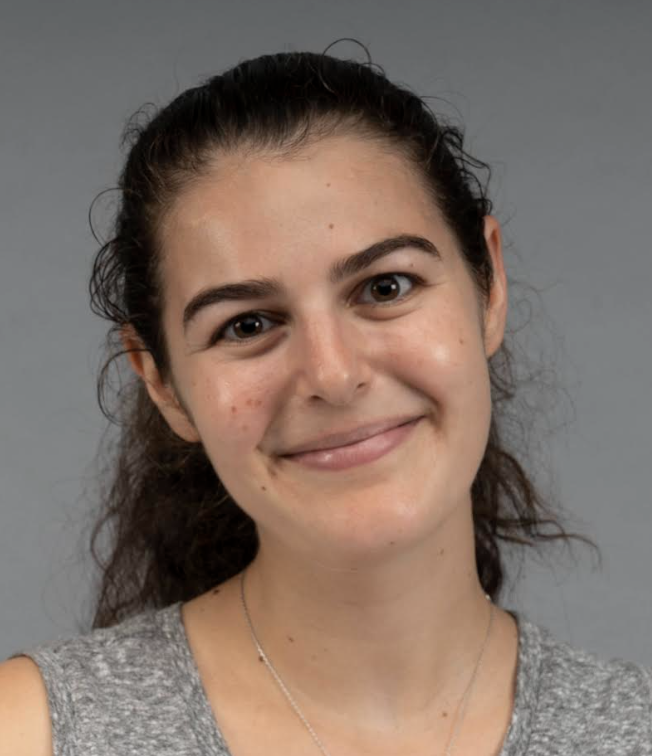Interviewing for any position can be daunting, but interviewing for a national fellowship takes a specific set of skills. These interviews are notoriously short (around 10-15 minutes) and usually involve a panel of people, at least one of whom is likely well-versed in your area of expertise. The interview style can range from casual to confrontational and, even if you spend months preparing, it’s almost guaranteed that you’ll be asked an unexpected question.
There’s no silver bullet to acing these interviews, but here are a few tips to keep in mind:
Know that you will never be fully prepared.
I left my Rhodes Scholarship interview feeling...not great. I laughed, I corrected myself, I circled back, I rambled a lot. My interview wasn’t perfect, and I still cringe when I think about how I answered some questions. I think if I had gone in knowing that I was going to be thrown off and that those moments of humanness are, I think, what helped me stand out, I would have been much less stressed. And know that your own personal gauge of how the interview went might be totally off! Mine certainly was.
Try not to over-prepare.
A few days before my interview, I realized that I had done so many mock interviews that my answers were beginning to sound robotic. One of the best decisions I made was to take a step back and instead just give myself a few days to think about who I am and why I want to do what I want to do. It might also help to think of preparing as more for your own confidence than as a way to have answers to every possible question. You should definitely have a compelling narrative for why you’re a good fit for the fellowship, know your area of study, and be prepared for questions they might ask surrounding that. But you’re certainly going to get asked something that you aren’t prepared for, so think of the preparation more so as how you can be best equipped for those moments.
Ask for help.
I talked to professors, heads of college, friends, Rhodes scholars I cold emailed or were connected to, and finalists in my district. Some ran mock interviews with me and others shared their personal tips. I was (and still am) completely indebted to everyone who made this possible, so I highly recommend leaning on the people in your life. This is an intense process, and you need your people to get through it in one piece.
Lean into the nuance.
If your answer to a question is “yes” or “no,” then say that and be confident in it, and don’t try to create nuance where there isn’t any. But if there’s genuine complexity, lean into it! My best answers were the ones that showed I was conflicted, that there was contradiction, that things were complicated.
Take your time.
The time between when interviewers ask you a question and when you answer can feel like forever, but it’s really not. Take the extra beat to think about your answer: it isn’t as long as you think it is.
Be yourself!
Yes, this is super cliché. But it’s huge. If you looked at which of my interview answers I thought were the best, the pattern is that I wasn’t trying to fit into a mold of what I thought a Rhodes scholar should be. You’re there because they like who you are. So just be that person.
Be a decent person.
Say thank you at the end of your interview, acknowledge that the panelists are volunteering their weekend for us, and be nice to the other finalists. Those small moments go far, and the interviewers do notice.
Have a mental list of takeaways.
Before the interview begins, have a list of 3-5 takeaways that you want the interviewers to know about you and your work by the end of the conversation. That way, if they ask you if there’s anything else you’d like to add at the end of the interview (and they often do), you can go through that list and say whatever you haven’t yet had the opportunity to mention.


Comments